
Business
21:09, 26-Oct-2018
Rural Germany's Sino-business hub
Updated
20:15, 29-Oct-2018
By CGTN's Natalie Carney Gerçik
03:06

Hoppstädten-Weiersbach is two-hour drive away from Frankfurt, Germany's fifth-largest city, but when you turn off the autobahn, it feels like you've entered an old German fairytale filled with traditional German architecture, tractors and oak trees -- lots and lots of oak trees.
It's beautiful, but not exactly the place you would imagine to be one of Europe's burgeoning Chinese trading centers.
In 2012, twelve Chinese businessmen each invested nearly 150,000 US dollars in this tiny central German village with the promise of an apartment, and help in registering their business.
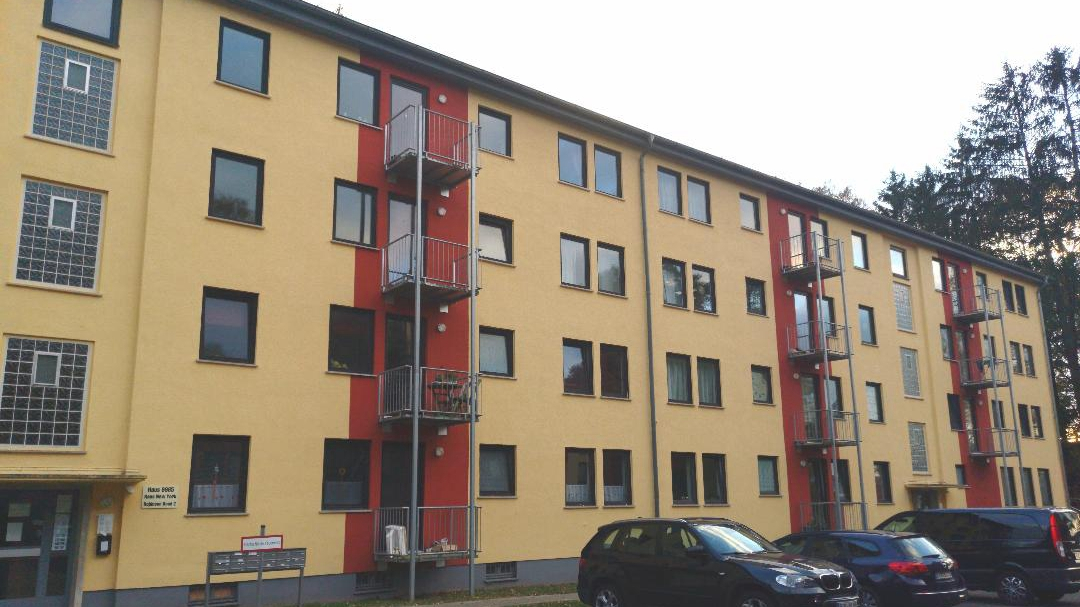
One of the old US army barracks, remodeled by Oak Garden and now home to dozens of Chinese investors in rural Germany. /CGTN Photo
One of the old US army barracks, remodeled by Oak Garden and now home to dozens of Chinese investors in rural Germany. /CGTN Photo
Many thought they were crazy!
However, six years on, this rural area has grown into a thriving community of 300 small and medium-sized German registered Chinese firms thanks to the forward thinking of one successful Chinese businesswoman, Jane Hou.
Her German business partner and husband, Andreas Scholz, says the idea to build a business center for Chinese entrepreneurs in Germany came from the success her own business had. "What's good for my business could also be good for other Chinese," she said.
They were drawn to Hoppstädten-Weiersbach because of the old US army barracks left vacant there.
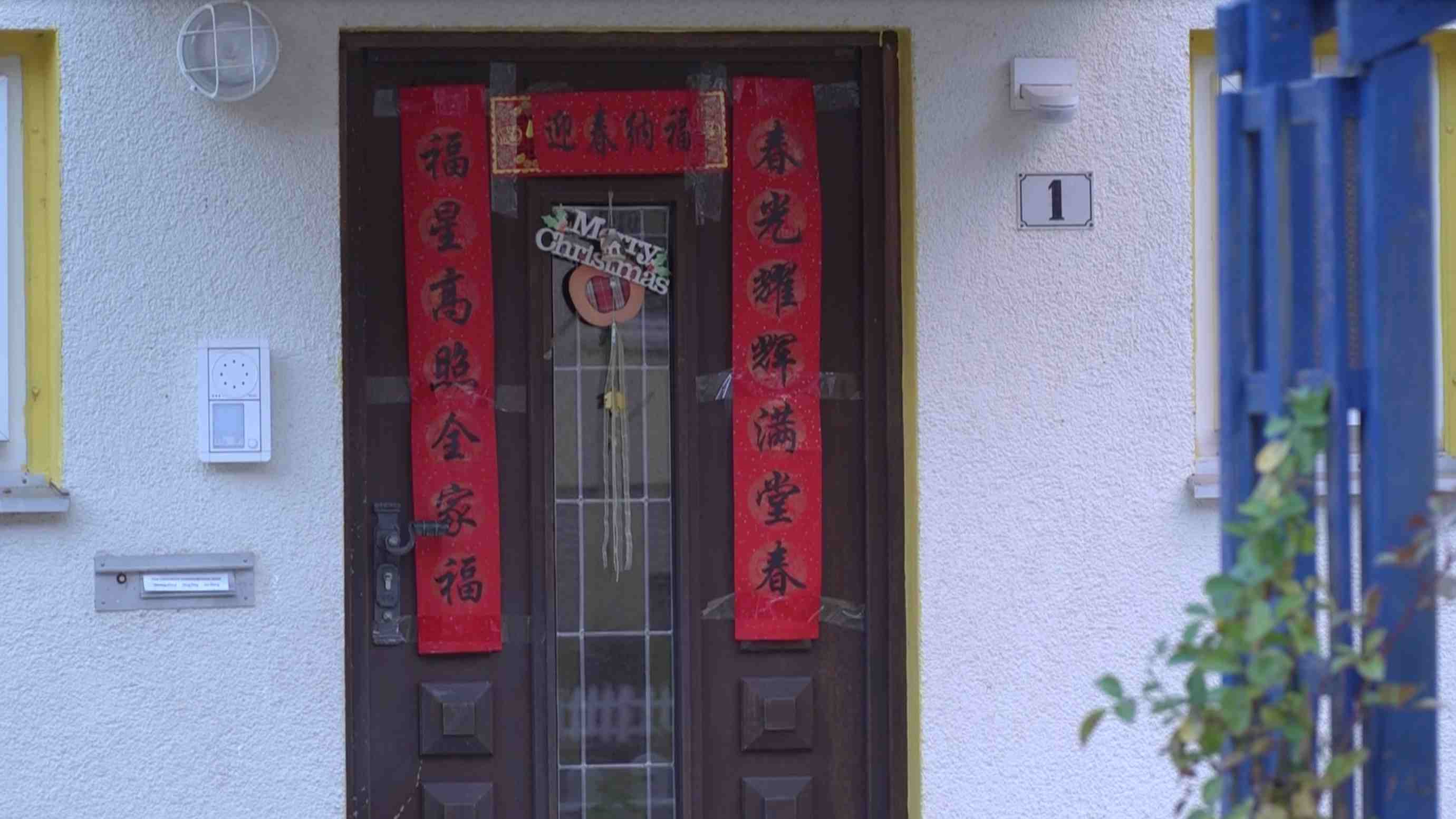
More than 1000 Chinese live in Hoppstädten-Weiersbach, which has a total population 3,500. Cross-cultural impressions are common. /CGTN Photo
More than 1000 Chinese live in Hoppstädten-Weiersbach, which has a total population 3,500. Cross-cultural impressions are common. /CGTN Photo
"They were affordable and the size and quality of the houses were perfectly matched,” says Scholz.
They couple went on to invest 30 million euros into upgrading the apartments and created the company Oak Garden, named after the local oak trees.
The company offers everything a Chinese investor and their family would need, from business networking right down to grocery shopping. Today, more than 1,000 Chinese live in the village which has a total population of 3,500.
While being remote, Scholz says the area has a lot of advantages. "The Chinese find here a quiet environment, a peaceful, clean environment, but still we have only one-and-a-half hours to Frankfurt. The Frankfurt airport is very close."
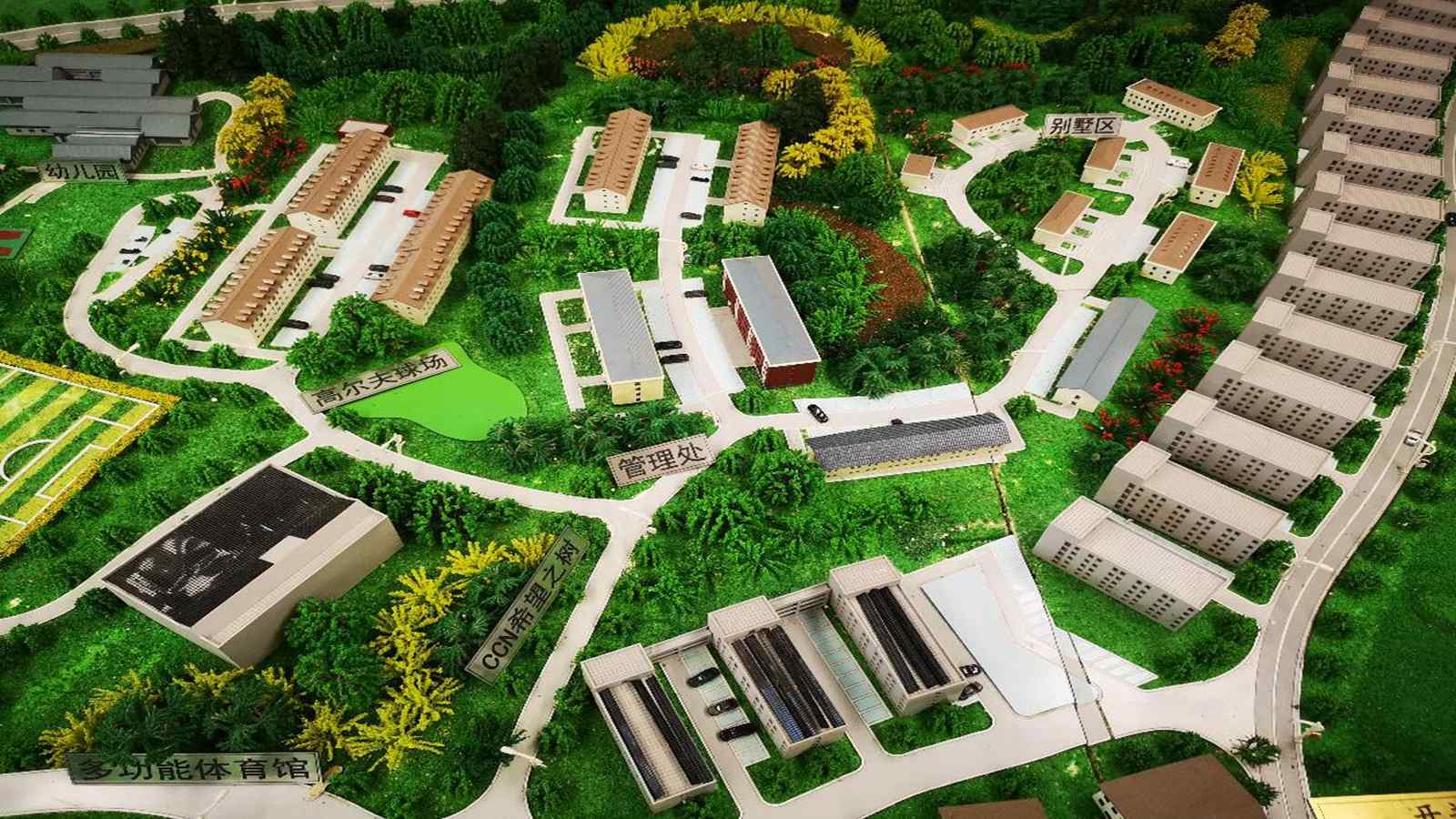
A miniature of Oak Garden, including 12 new buildings currently being constructed to accommodate 500 new Chinese investors./ CGTN Photo
A miniature of Oak Garden, including 12 new buildings currently being constructed to accommodate 500 new Chinese investors./ CGTN Photo
There is also a local university in the village Oak Garden, which offers a program for Chinese students interested in studying in Germany.
From Chinese wines to one of the world's leading genome sequencing centers, Shenzhen-headquartered BGI, the Chinese businesses invested here vary greatly.
The European Manager of BGI says Germany was the perfect choice for building up the business arm of the company.
"Germany was the center of Europe, [and] it's got the biggest economy. The government helps us a lot, too, to connect us with local hospitals and universities, especially in our area."
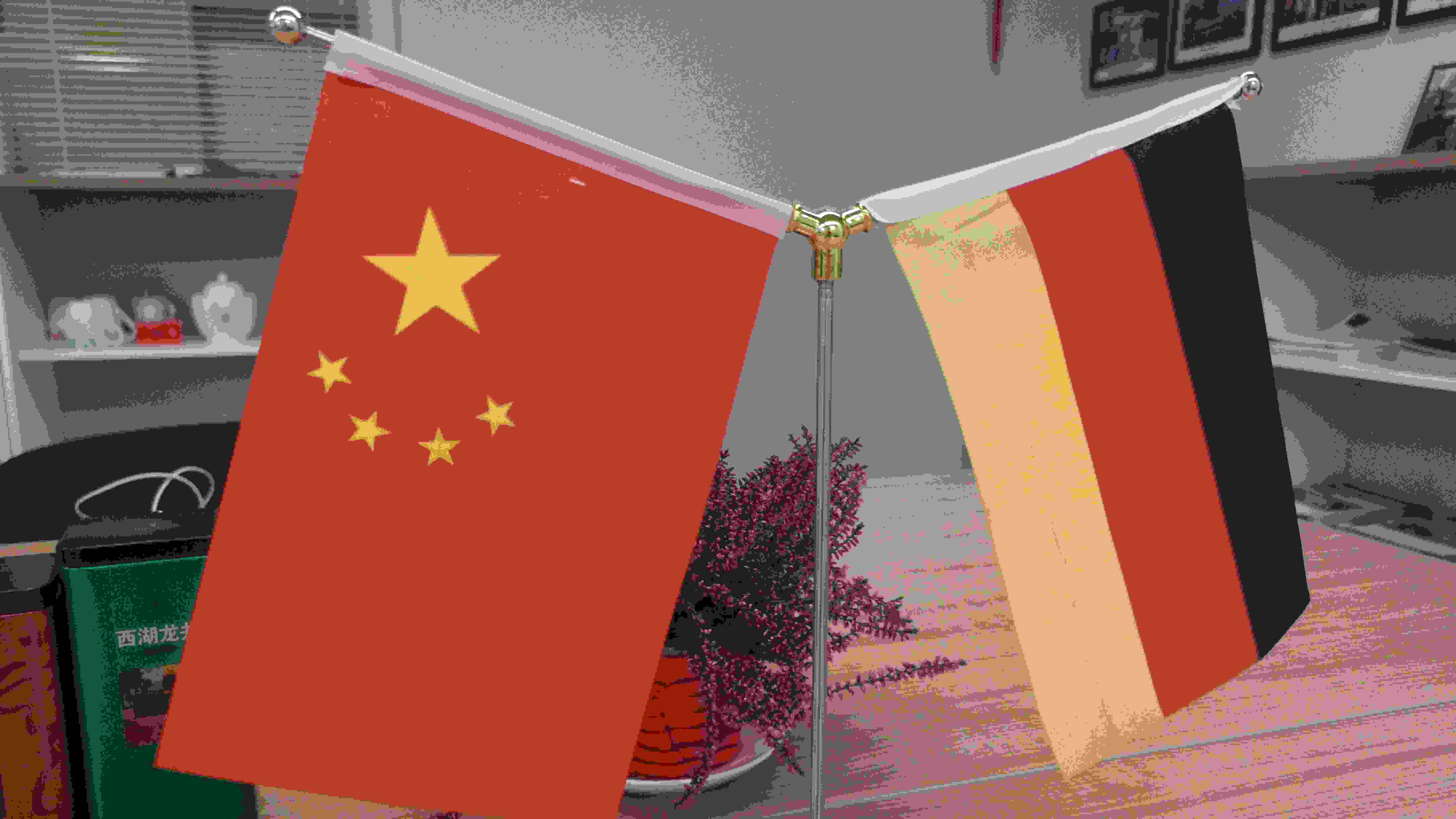
German and Chinese flags in the office of Oak Garden. /CGTN Photo
German and Chinese flags in the office of Oak Garden. /CGTN Photo
Business is also developed from passion here.
Hao Weng played football in China but had always admired the talents of German players. Now, as the CEO of the German registered company Net2Huade, he organizes joint Chinese-German youth soccer tournaments… in Hoppstädten-Weiersbach.
"The German Business Association thinks highly of the soccer project, so with the strong support of Oak Garden, I started this project," Hao added.
Local government official Michael Dietz says the Oak Garden's development has provided an important boost to the local German economy as well.
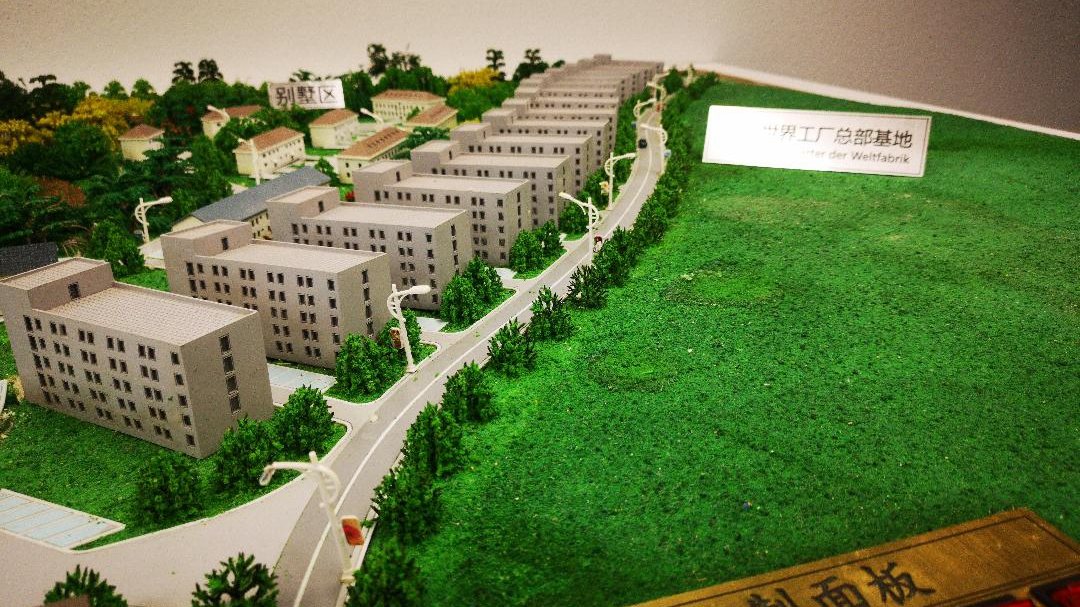
A miniature of the 12 new buildings currently being constructed by Oak Garden to accommodate 500 new Chinese investors. /CGTN Photo
A miniature of the 12 new buildings currently being constructed by Oak Garden to accommodate 500 new Chinese investors. /CGTN Photo
"The money invested went directly to craftsman, to the industry, into this region, [and] to all the people. These 1,000 Chinese people need cars, they need furniture, they need food, they need clothes, everything and this definitely helps the region," Dietz said.
Due to the history of the large contingency of US army personnel in the area, locals are used to having foreigners around and the Chinese have adapted very easily, says Mr. Dietz.
"Chinese people are very tough going to a different, a strange community. They go there and they [say] 'Hey, here I am'. Can I go with you? Can I play with you? Can I do this with you? They are very open-minded."
Cultural exchange is very important to Oak Garden, and acts as a bridge between the two cultures.

SITEMAP
Copyright © 2018 CGTN. Beijing ICP prepared NO.16065310-3
Copyright © 2018 CGTN. Beijing ICP prepared NO.16065310-3